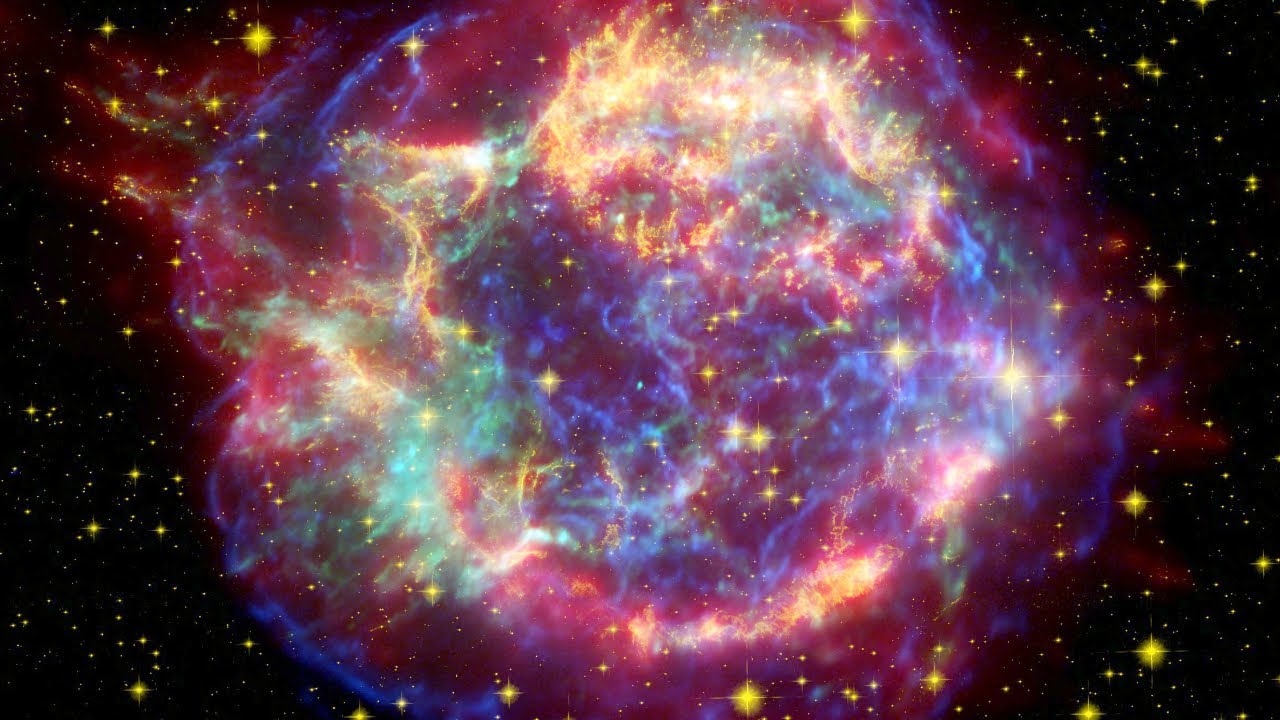
Scientists have found dust from a star that exploded 20-million years ago in the snow at Antarctica, according to a study published earlier this month, reports CNN.
The discovery could provide lessons about the solar system’s history and place in its surrounding environment, the study, published August 12 in the Physical Review Letters, said.
- Related: Scientists Propose Dumping 7.4-TRILLION Tons of Snow on Antarctica to Prevent Ice Sheets Melting
A supernova occurs when a star explodes and produces clouds or gas and dust enriched with radioisotopes. Some of that dust from one or more stars that exploded within the last 20 million years fell to Earth sometime in the past 20 years, according to the study.
“I’m really glad and happy to actually see something which traveled billions of billions of kilometers through space and is millions of years old,” said Dominik Koll, a nuclear astrophysicist who led the discovery and co-authored the study. “To be able to use the data on Earth that’s pretty amazing.”
Koll told CNN that researchers made the discovery after shipping 1,100 pounds of snow from Antarctica to a research facility in Munich, Germany, and they picked the remote area precisely because it is largely untouched. The snow was melted down and examined. Materials in it were incinerated and tested using equipment sensitive enough to detect anomalies. The samples tested positive for iron-60.

According to CNN, most iron in the universe is iron-56. Iron-60, which has more neutrons making it unstable to radioactive decay, is present on Earth only from either cosmic explosions or nuclear weapons. Researchers were able to determine that the most likely source of the iron-60 found in the Antarctic snow was stardust, Koll said.
The finding could yield clues about the Earth’s place in the larger universe and information on the structure and origin of the cloud. Koll added the next step is to test deposits from older ice cores to find out when and where the supernova happened and when our solar system entered into the cloud of space dust.